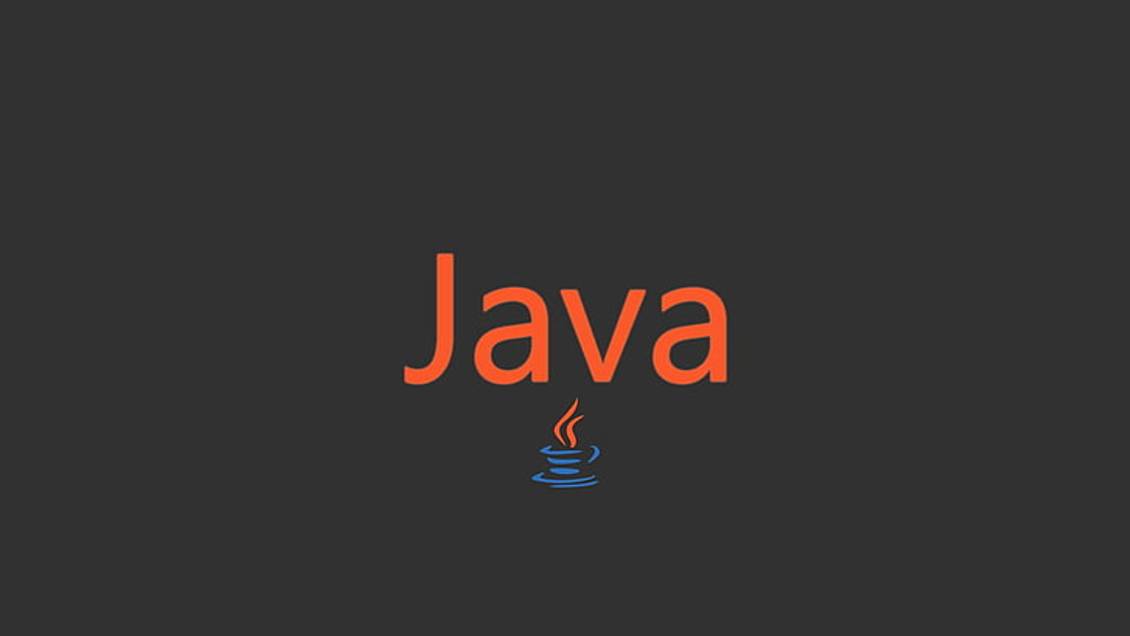
JAVA
Author: Rushikesh Chavan
Date: 29-09-2022
JAVA
Java is a high-level, class-based, object-oriented programming language that is designed to have as few implementation dependencies as possible. It is a general-purpose programming language intended to let programmers write once, run anywhere (WORA), meaning that compiled Java code can run on all platforms that support Java without the need to recompile. Java applications are typically compiled to bytecode that can run on any Java virtual machine (JVM) regardless of the underlying computer architecture. The syntax of Java is similar to C and C++, but has fewer low-level facilities than either of them. The Java runtime provides dynamic capabilities (such as reflection and runtime code modification) that are typically not available in traditional compiled languages. As of 2019, Java was one of the most popular programming languages in use according to GitHub, particularly for client–server web applications, with a reported 9 million developers.
Java was originally developed by James Gosling at Sun Microsystems. Released in May 1995 as a core component of Sun Microsystems' Java platform. The original and reference implementations of the Java Compiler, Virtual Machine and Class Library were originally released by Sun under their own license. As of May 2007, Sun relicensed most of its Java technology under the GPL 2.0-only license, as specified in the Java Community Process. Oracle provides its own HotSpot Java Virtual Machine, but the official reference implementation is the OpenJDK JVM. It's free, open source software used by most developers and is the default JVM on nearly all Linux distributions.
As of September 2022, Java 19 is the latest version and Java 17, 11, and 8 are the current LTS (Long Term Support) versions.